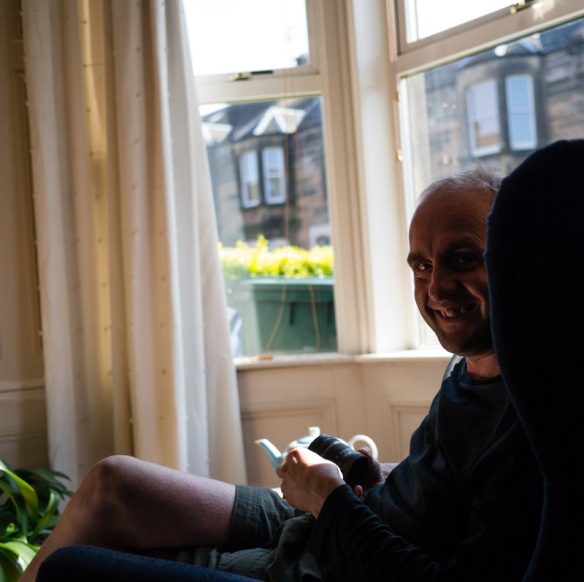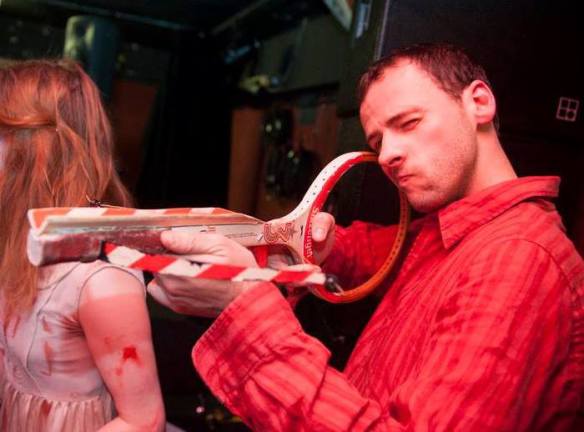As Glasgow gears up for the Commonwealth Games, Glasgow Science Festival is the perfect opportunity to delve further into the science of our favourite sports. From public debates to “meet the expert” sessions, there’s plenty to explore. We spoke to Victoria Penpraze from the University of Glasgow about she’s up to this year.
Who are you and what do you do?
My name is Victoria Penpraze. I’m a sport and exercise scientist and University Teacher at University of Glasgow. My main research interests include measuring physical activity levels, mostly in children, and also the mental preparation of athletes for sport. The rest of my time is spent enjoying motorsport, watching rugby and believing Ireland will win the 2015 Rugby World Cup!
What brings you to Glasgow Science Festival this year?
My Physiology & Sports Science colleagues and I have been involved with Glasgow Science Festival and Glasgow Science Centre in the past and had a great time so we’re delighted to be here again this year. This is Scotland’s year of sport, with Glasgow’s Commonwealth Games and also golf’s Ryder Cup, so it’s exciting times and a perfect opportunity for everyone to get involved with the science behind sport performance and health.
With the Commonwealth Games just around the corner, Glasgow is gearing up to welcome the world. What’s your top tip for visitors?
Walk around and explore- it’s a healthy way to experience a beautiful place.
Favourite Scottish food and drink? My favourite Scottish food and drink has to be freshly caught west coast scallops, flash cooked and served with beautiful Stornaway black pudding and a nip of Glengoyne whisky – yum!
Impress us with your favourite science fact. Or joke.
It’s difficult to identify one stand-out scientific fact- there are so many from many different scientific disciplines. In the year of Glasgow 2014 Commonwealth Games, here are a couple of impressive sports science related facts: the peak power that Sir Chris Hoy can produce (2700watts) is equivalent to 3.7 horsepower and enough to power nearly 30PCs. Andy Murray consumes ~6000 calories per day which is equivalent to 20 cheeseburgers or 36 bowls of cornflakes or 42 bananas.
Join Victoria and friends in the Commonwealth Games Meet the Expert booth at Glasgow Science Centre on 14th and 15th June from 10:00-17:00. Entry is with admission to the science mall, more details on the Glasgow Science Centre website.

















